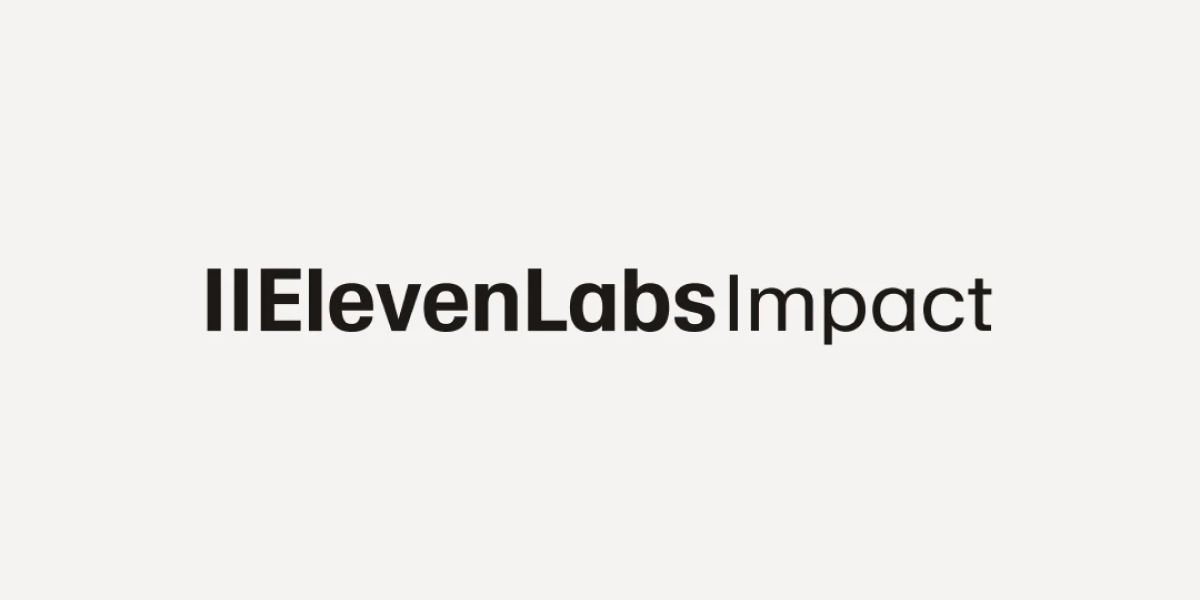How Music Therapy Helped Joni Mitchell, Working With AAC Users, and More (Spoken Roundup #20)

Welcome back to the Spoken Roundup! Each month, we highlight important stories and updates in the world of augmentative and alternative communication (AAC) technology, speech disabilities like aphasia, and accessible communication.
Technology and Communication
Tim Jin on Embracing Change in AAC Technology
Tim Jin’s keynote presentation from May’s Future of AAC Research Summit was recently shared on CommunicationFIRST’s website, including captions and a transcript. The presentation offered powerful insights into how AAC systems have shaped his life and career. Jin also discussed the challenges of constantly transitioning between AAC devices and the need for standardized interfaces. He further emphasized how evolving technology, like AI-powered word prediction, could significantly improve communication for users. This was of particular interest to us at Spoken, because we’ve made significant strides in this direction — some that even mirror Jin’s hypothetical future advancements. For instance, Spoken can adapt the words it suggests based on your location, offering more relevant terms for particular settings like at a restaurant or grocery store. Someone should let him know about our app!
Speech Spotlight
My Voice Wasn’t Coming Back
In a recent CommunicationFIRST article, Sophie Bohnen shared her journey adjusting to life with Laryngeal Dystonia, a rare condition that affects the muscles controlling her voice. After losing her voice due to laryngitis, Sophie expected a full recovery — but the condition became permanent. In her story, she discusses the grief and frustration of navigating a world that often doesn’t accommodate voice disabilities, how she overcame shame to advocate for herself with confidence using a voice amplification device, and the importance of educating others about speech-related conditions.
“Working With AAC Users” Guide
This new resource by Dave Young (The Shouting Mute) and Jamie Hale offers practical advice for creating accessible, inclusive work environments for people who use AAC. The guide emphasizes understanding both high-tech aids like eye-gaze devices and low-tech methods such as gestures, while also highlighting ways to support AAC users during workshops, online meetings, and performances. It provides actionable advice on adapting games, physical spaces, and artistic projects to ensure full participation.
Music Therapy Helped Joni Mitchell Recover From a Stroke – Could It Ward Off Depression and Dementia Too?
When Joni Mitchell, one of the most influential singer-songwriters of the 20th century, experienced a stroke in 2015, her recovery seemed unlikely. However, a personalized music therapy program led by neuroscientist Daniel Levitin aided her physical and speech rehabilitation. In this article from The Guardian, Levitin highlights how music can have therapeutic benefits by stimulating memory, emotion, and motivation.
Going Off-Script: Don’t Let What You Hear Impact How You Treat Me
In a recent piece for the Reach Every Voice blog, autistic writer Nick Barry shed light on a common experience for many in the autistic community: scripting. Barry describes how his brain often gets stuck repeating phrases from childhood cartoons. Unfortunately, people often mistake these repetitions for a lack of understanding or intelligence. Barry emphasizes that, for many nonspeaking autistic individuals, scripts can obscure their true thoughts until they gain access to reliable communication tools. His message is clear: don’t judge someone’s intelligence or comprehension based on scripting alone. Check out his full thoughts here.
Announcements and Updates
Research 101: Collaborating in Participatory Autism Research
The Research 101: Collaborating in Participatory Autism Research course provides free, downloadable resources for researchers to deliver training on participatory research practices. Designed by and for autistic people, this training empowers non-academic autistic individuals to effectively collaborate on research projects. Getting more autistic individuals involved in research is a crucial initiative because many studies on autism are shaped without input from autistic voices, leading to misunderstandings or priorities that don’t reflect real needs. For more details, visit this link.
Thanks for reading! For more stories, don’t hesitate to view last month’s roundup!
About Spoken
Spoken is an app that helps people with aphasia, nonverbal autism, and other speech and language disorders.


